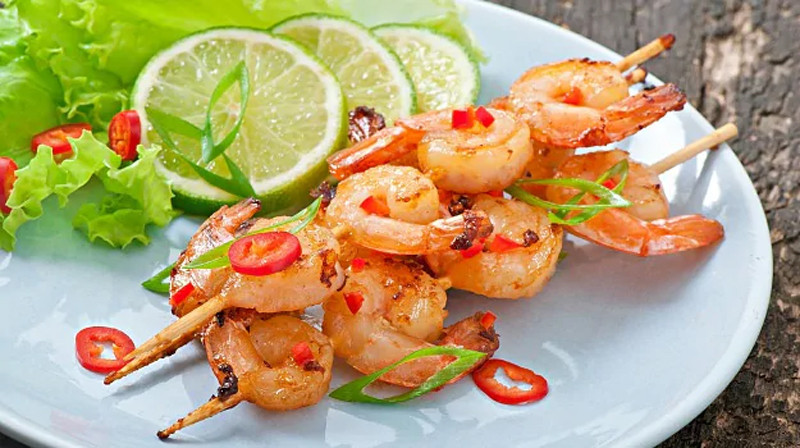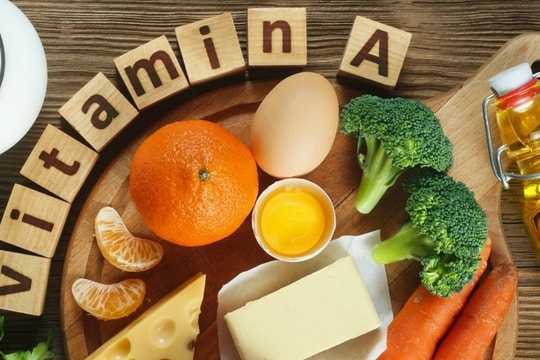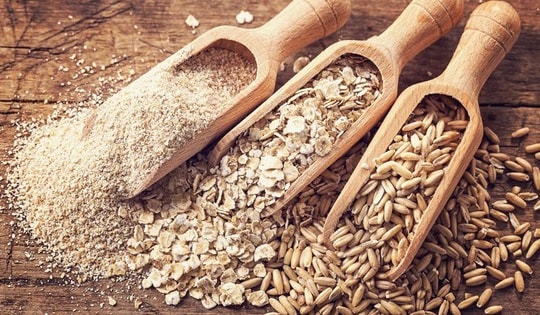Fatty but healthy foods
Salmon, mackerel, oysters, shrimp, and seaweed contain omega-3 fatty acids that are good for both the physical and mental health of humans.
Omega-3 fatty acids are ALA, EPA, and DHA, which are essential for humans. ALA is found in vegetable oils, while DHA and EPA are found in fish, shellfish, and algae. The body can convert ALA to EPA and DHA, but the conversion rate is less than 15%.

Effects of omega-3
Omega-3 fatty acids are essential for both physical and mental health.
Physical health benefits
Omega-3 is an essential component of cells, helping cells function effectively. This fatty acid also supports the formation of eicosanoids which play an important role in the cardiovascular, pulmonary, immune and endocrine systems.
Mental health benefits
According to a 2020 review, omega-3s are good for brain development and function. Polyunsaturated fats—including omega-3s and omega-6s—make up 20% of the brain’s weight. Omega-3 deficiency has been linked to an increased risk of developing a range of mental disorders, including depression, bipolar disorder, and attention deficit hyperactivity disorder.
Some foods that provide a lot of omega-3:
Mackerel:In 85g of mackerel there are 0.59g of DHA; 0.43g of EPA. In addition, mackerel is rich in selenium and vitamin B12.
Salmon:This is a popular and nutritious fish. The fat content of farmed and wild salmon can differ. According toMedical News Today, in 85g of fish there are about 1.2g DHA, 0.35 - 0.6g EPA. Salmon contains high levels of protein, magnesium, potassium, selenium and vitamin B.
Oysters:Unlike many other seafoods, oysters contain all three major types of omega-3s. 85g of oysters has 0.14g of ALA, 0.23g of DHA, and 0.3g of EPA. Oysters are rich in zinc and vitamin B12.
Shrimp:85g of shrimp contains 0.12g DHA and 0.12g EPA. Shrimp is rich in protein and potassium.

Seaweed and algae:It is an important source of omega-3 for vegetarians as it contains both DHA and EPA. Seaweed is rich in protein and can be used to treat diabetes, as an antioxidant and to lower blood pressure.
Chia seeds:Chia seeds are an excellent source of plant-based omega-3 fatty acids, ALA. 85g of chia seeds contain 5g of ALA. They are also high in fiber and protein. Chia seeds can be added to salads, smoothies, or mixed with milk or yogurt.
Walnut:These nuts are a source of healthy fats, including ALA fatty acids. People can enjoy walnuts alone, added to yogurt, salads or cooked dishes.
People who do not get enough omega-3s from their diet or have severe inflammation may benefit from supplements such as fish oil, cod liver oil, krill oil, algal oil, and ALA supplements./.







